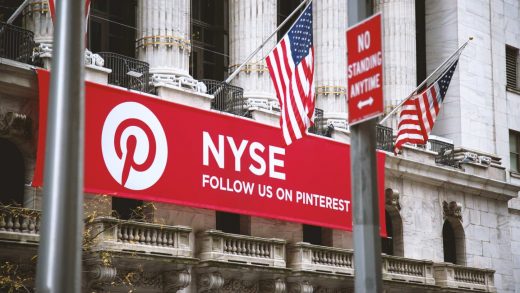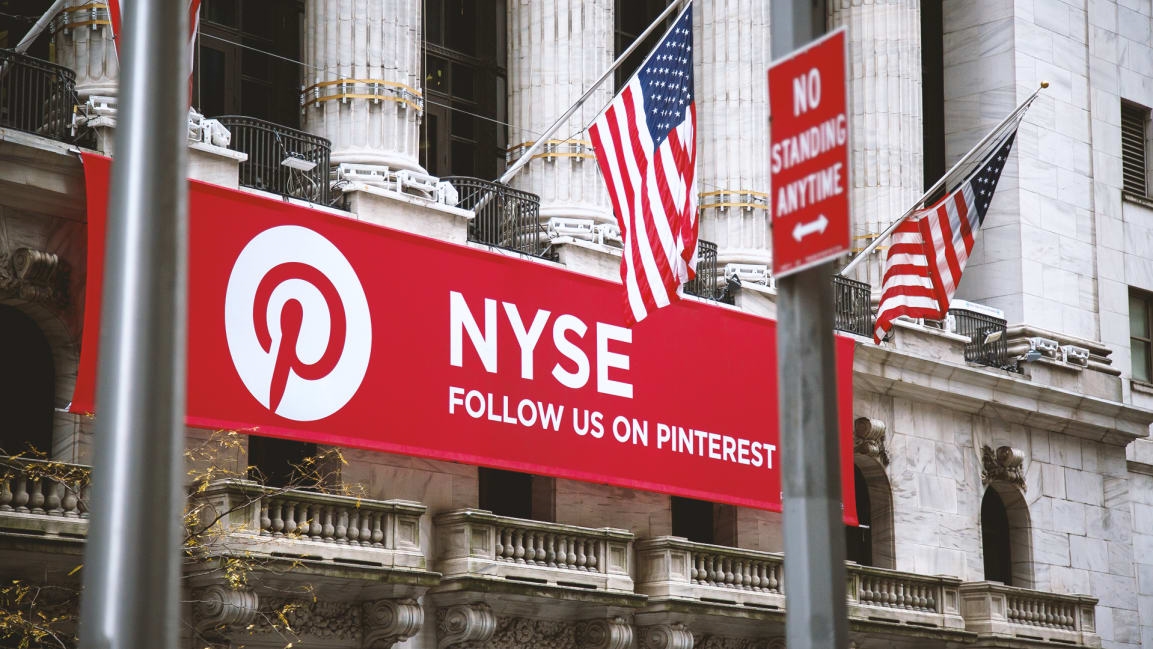Pinterest files for IPO
Pinterest, the visual discovery platform that launched in 2010, has finally filed to go public. On Friday, the company said in its filing that it intends to list itself on the New York Stock Exchange using the ticker symbol PINS.
The news didn’t come as much of a surprise to anyone, and is just the latest in a revival of IPO activity in the tech sector–both Lyft and Zoom have filed the necessary documents to go public, and Slack and Uber are expected to file later this year.
Pinterest revealed that it has 250 million users and growing revenues. In 2018, the company had revenues of $755.9 million, up from $472.9 million in 2017. It also halved its losses in the same time frame, going from a net loss of $130 million to a net loss of $63 million in 2018. A majority of revenues come from the U.S., though a small but growing percentage are coming from overseas. Pinterest’s international revenues in the the fourth quarter of 2018 were $17 million, nearly double that of Q3 international revenues.
Pinterest lets users “pin” images and other content from around the web onto a digital corkboard that they share with others. It competes with other internet giants like Facebook and Google for advertising dollars. While eMarketer estimates the company will hit $1 billion in revenues come 2020, its ad revenue per user (ARPU) is still fairly low. For 2018, it was $3.19 and is roughly in line with that of Snapchat.
Fast Company just named Pinterest as a 2019 Most Innovative Company in the Beauty category. Every month, the platform processes hundreds of millions of image searches in a bid to help users find things they’re most interested in. To better serve diversity, the visual discovery engine leveraged AI and user recommendations to develop an algorithm for people to search beauty images by skin-tone ranges and hair colors. It’s one of many ways Pinterest enables AI to better serve its users.
“The lasting impact of visual search won’t be any specific product or feature,” Pinterest cofounder Evan Sharp previously told Fast Company, “rather what it enables people to do: Turn anything they see into something they can use to discover more on the internet.”
(17)



